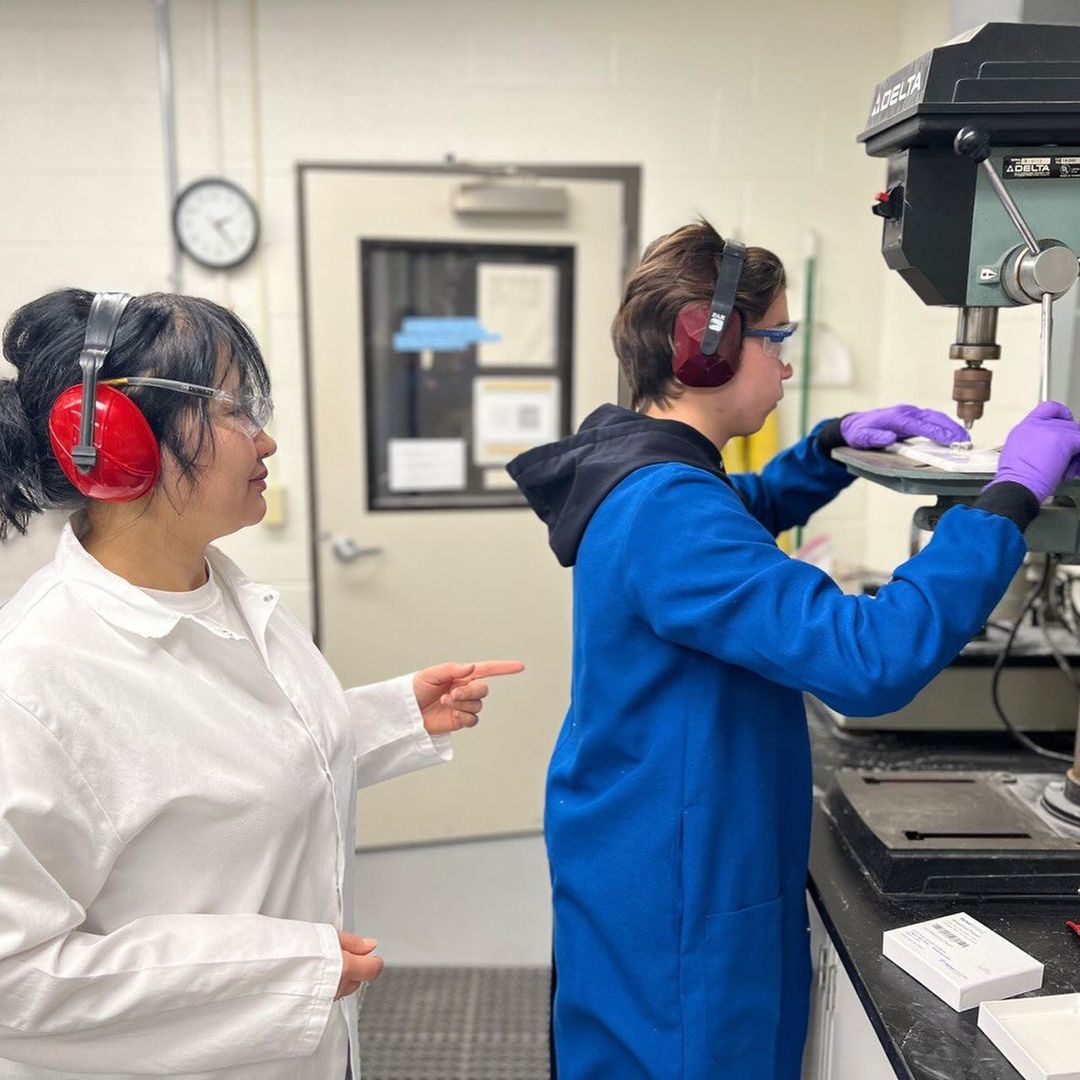Published:
820 million years—this is the result of specialized geological research on the rock formations of the Small Karatau range conducted by Kazakhstani scientists at Johns Hopkins University (Baltimore, USA).
The study involved Sezim Mustapaeva, the lead scientific project researcher at the Geology Department of Satbayev University, a graduate of the «500 visiting scholars» scientific internship program, Associate Professor, and PhD; Erkhoja Mamanov, Associate Professor, and PhD; as well as 2nd-year geology student Aibolat Talgatbek, who completed a 30-day internship at the American university by invitation. It is noteworthy that in 2022, Sezim Mustapaeva also completed a research internship at this university as part of the «500 visiting scholars» program and conducted a series of studies.
To study the history of rock and mineral formation, scientists performed radiometric dating and isotopic carbon analysis of samples brought from Kazakhstan. Additionally, the research provided insights into changes in biological activity, climate, carbon cycles, and the conditions of the Small Karatau range's formation.
The use of scientific equipment at Johns Hopkins University, including the scanning electron microscope (SEM), U-Pb dating using the LA-ICP-MS setup, δ13C isotope analysis with GasBench II, and the MAT253 mass spectrometer, allowed for a comprehensive analysis of the rock formation processes and changes in the geological past of South Kazakhstan. The significant extension of the known history of rock formation could indicate a high potential for discovering various minerals.
Strengthening cooperation with Johns Hopkins University opens new opportunities in the academic field. For the high quality of laboratory research, Satbayev University student Aibolat Talgatbek was awarded the «Laboratory Safety Leader» award by Johns Hopkins University. The results will be presented at the Satbayev Readings International Conference in 2024.
